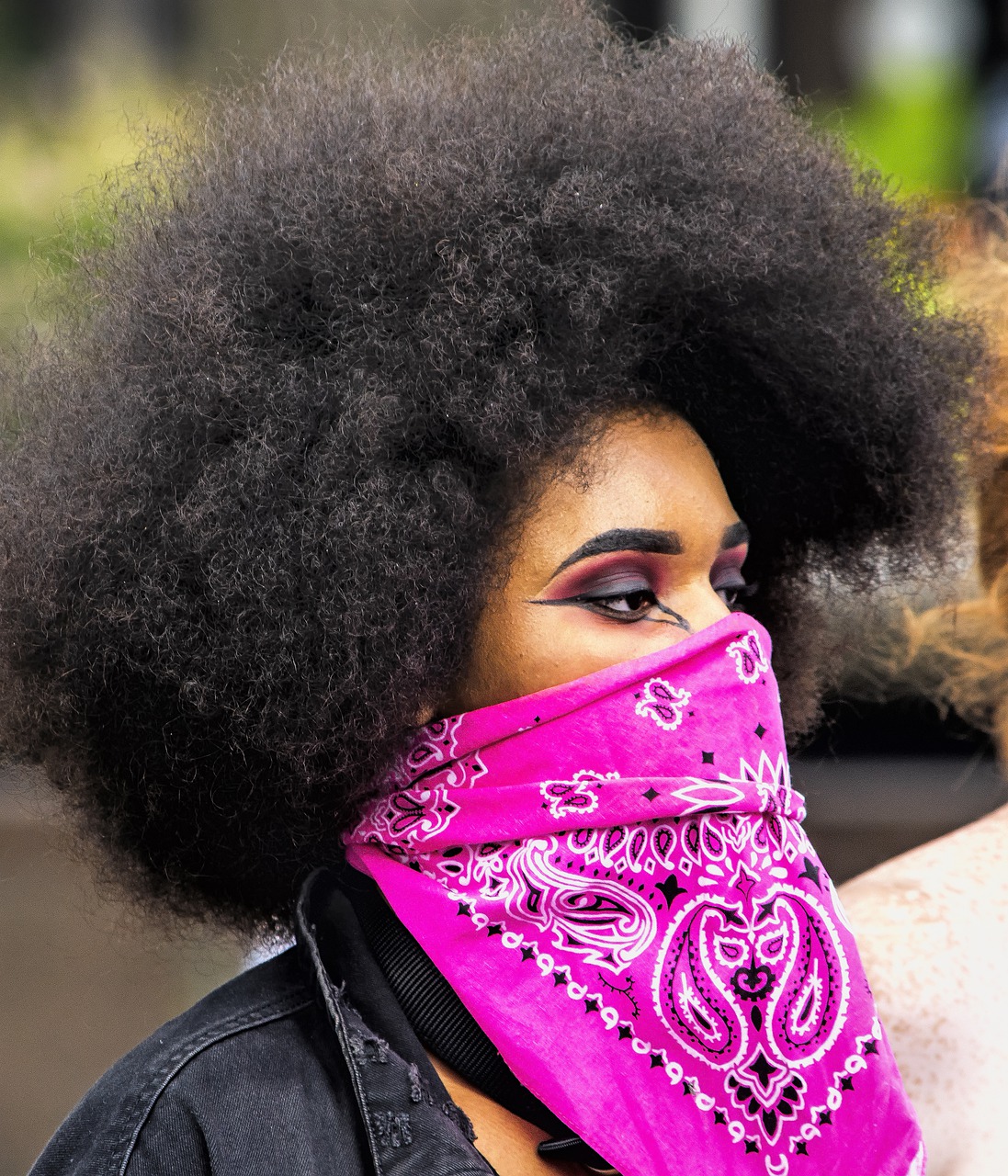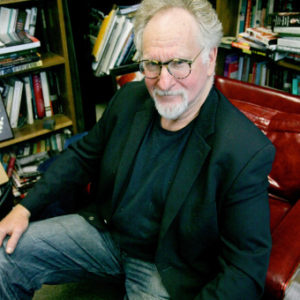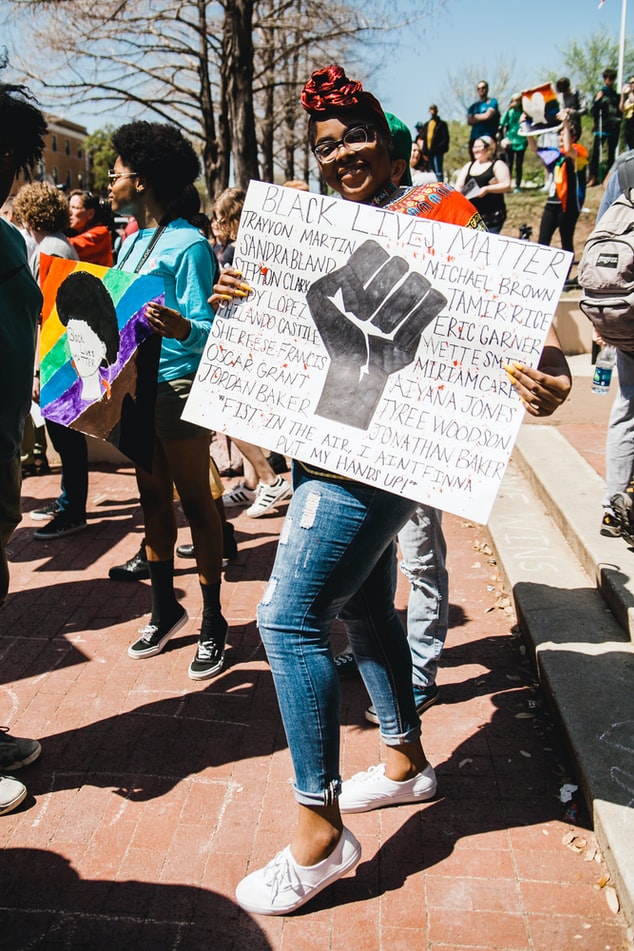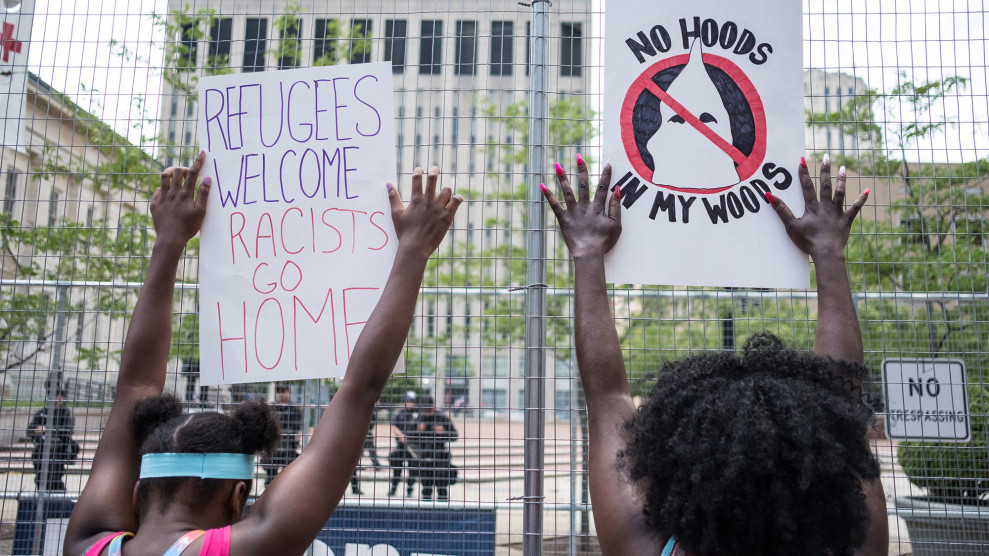By Teka Lark (June 15, 2020)
CW: sexual assault
I heard someone say, “We need the police, what if you get home invaded.” Chances of that happening are almost nonexistent for boring people who worry about being home invaded on Facebook. That’s a crime you have to plan out, it’s not a dash-and-grab kind of situation, and it typically involves people who you know.
I, unfortunately, DID get home invaded: by the police. I hid behind the piano while the police dressed in street clothes ransacked my house and destroyed my computer owing to some stories I wrote in my newspaper.
I remember my first interaction with the police. I was 14 years old, my friend had called the police on the drug dealers next door (look up Rampart for details on that). Turned out the drug dealers next door were also the police. They put guns to our heads and threatened to drop our bodies in the LA River.
My second interaction with the police, I was 15. I was a camp counselor, and for some reason, the police helped to run the camp. Anyways, a police officer offered to take me home. In the car, he put his hand on my leg. Right before he got to my house, he stopped the car and sexually assaulted me in the car. I had begged my parents to let me have a job. They said they were worried something would happen to me, so I did not tell anyone what happened, and I hung out at the library for the rest of the summer.
I have only called the police one time in my entire life.
In 2003, I called the police when my friend’s (who was on vacation) taco stand in Los Feliz looked like it had been robbed. When the police arrived, it became apparent that they were viewing me as the perpetrator of the crime, so I somehow managed to get them to let me go to the bathroom of the eatery next door, and once I got in the bathroom, I exited the window and went home.
I have been questioned half a dozen times by the police for not having a car and waiting for the bus to work as a special education kindergarten teacher. Fun fact: If the police think you’re a sex worker and question you about it, they also sexually harass and/or try to become a client when they stop you.
I have ZERO positive stories of the police. I have had 100% negative interactions. They have never solved a problem; they have never made anything better; they have almost always made things worse.
Literally, everything you call the police for, the police themselves have done to me. Is that called irony?
But really, I don’t think if you’re white, you’ll have to worry. I really can’t see the United States allowing you to be treated the way I have been treated, cops or no cops. That would be barbaric.














